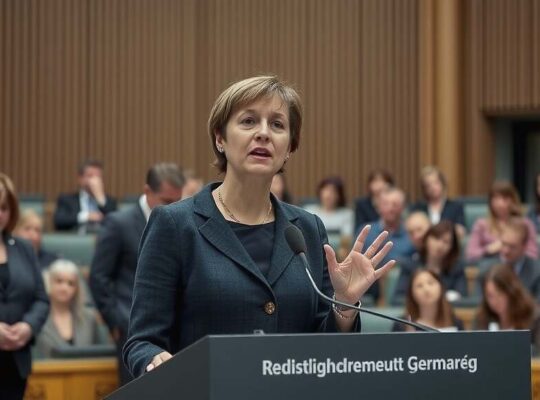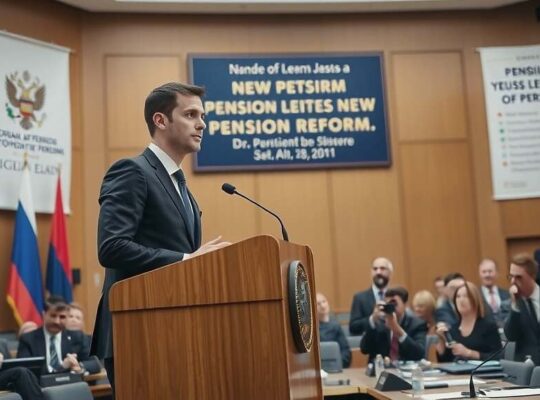The simmering dispute over a proposed VAT reduction for Germany’s hospitality sector threatens to undermine confidence in the federal government and exacerbate existing economic pressures on restaurants, hotels and related businesses. Christoph Ploß, the Federal Government’s Coordinator for Maritime Economy and Tourism, is urgently calling on state governments to honor a commitment made during spring coalition negotiations to align Germany’s VAT rates for the food service industry with those prevalent in other European nations.
Ploß’s remarks, published in the Funke-Mediengruppe newspapers, highlight the precarious situation facing numerous establishments. He emphasized the initial agreement – a crucial pledge intended to provide vital relief to a sector grappling with rising costs and lingering effects of the pandemic. Failure to implement this reduction, Ploß warned, will inevitably erode public trust and create a significant backlash.
The core of the conflict lies in the projected revenue losses for state governments. The Länder are resisting the VAT cut, arguing that it would necessitate substantial federal compensation to offset the anticipated shortfall in tax income. This demand for federal support has created a political impasse, hindering the measure’s progression beyond parliamentary approval and preventing its ratification by the Bundesrat.
Critics are now questioning the robustness of the federal-state relationship and the willingness of the Länder to prioritize the needs of struggling businesses over budgetary concerns. The situation underscores a fundamental tension: the federal government’s desire to stimulate the tourism sector and ease economic strain versus the financial autonomy of the individual states. The unresolved issue raises questions about the credibility of promises made during coalition agreements and the potential for further disruption to the nation’s vital hospitality infrastructure. The pressure is now on both federal and state authorities to find a compromise that can salvage the agreement and avoid further damaging the sector’s fragile recovery.












